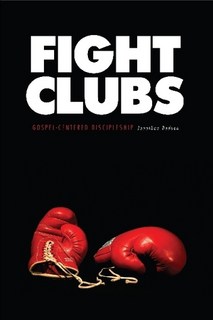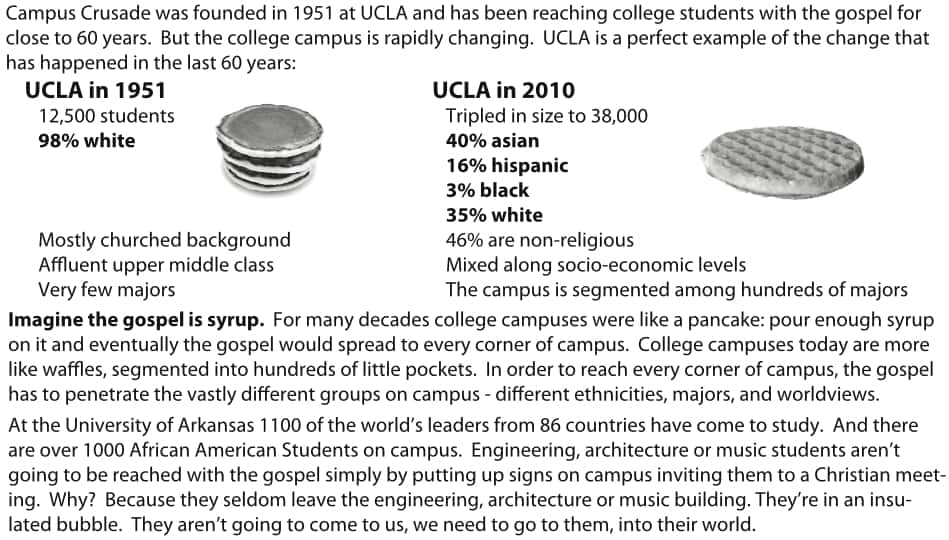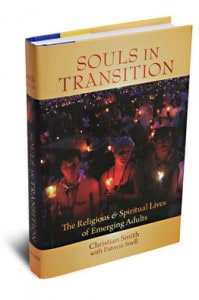I started this blog because, as Russ Martin said in Tithing your Time Online: “By spending five minutes to upload the presentation from your last small group leader training you could save someone hours”.
It’s one of the primary reasons I read so many blogs – to quickly glean from others and use their thoughts for Cru talks, Bible studies, and staff coaching. I feel that it multiplies my time (requiring a lot less prep/admin time so I can spend more time with staff and students).
So hopefully this will help you save some time. Here’s a few things I’m using in my Bible study the coming weeks:
- Today we’re reading and discussing TIm Keller’s article “All of Life is Repentance”
“Repentance is THE way we make progress in the Christian life. Indeed, pervasive, all-of-life-repentance is the best sign that we are growing deeply and rapidly into the character of Jesus.”
- I’m also using this question from Tim Norman in Bible Study today: “Why do you think it’s important to read the Bible?” followed by his Devil’s Advocate questions and study of 2 Timothy 3:16—17 he lays out in his post (he just started blogging – you should definitely subscribe! And not just cause he’s my boss).
- For the next five weeks in our Bible study, we will be reading through a chapter a week from Fight Clubs. I’ll have them read through the chapter during the week and then discuss and apply during Bible study. The “Bible” part of our Bible Study discussion will come from digging deeper into the various passages in each chapter. Unfortunately, it doesn’t look like this e-book is free anymore. You can preview the intro and 1st chapter here. Or buy it here.
What we fight for: “All else that is good and beautiful flows from him, but our thoughts don’t naturally drift to Christ. This is precisely why we need to fight.”
Why accountability groups fail in this fight: “We need to remove accountability [groups] from the center and replace it with the Gospel. We need to orbit around Jesus, not rules or confession. Instead of groups gathered around accountability, we must gather around Jesus. Only then will we find something truly worth fighting for.”





